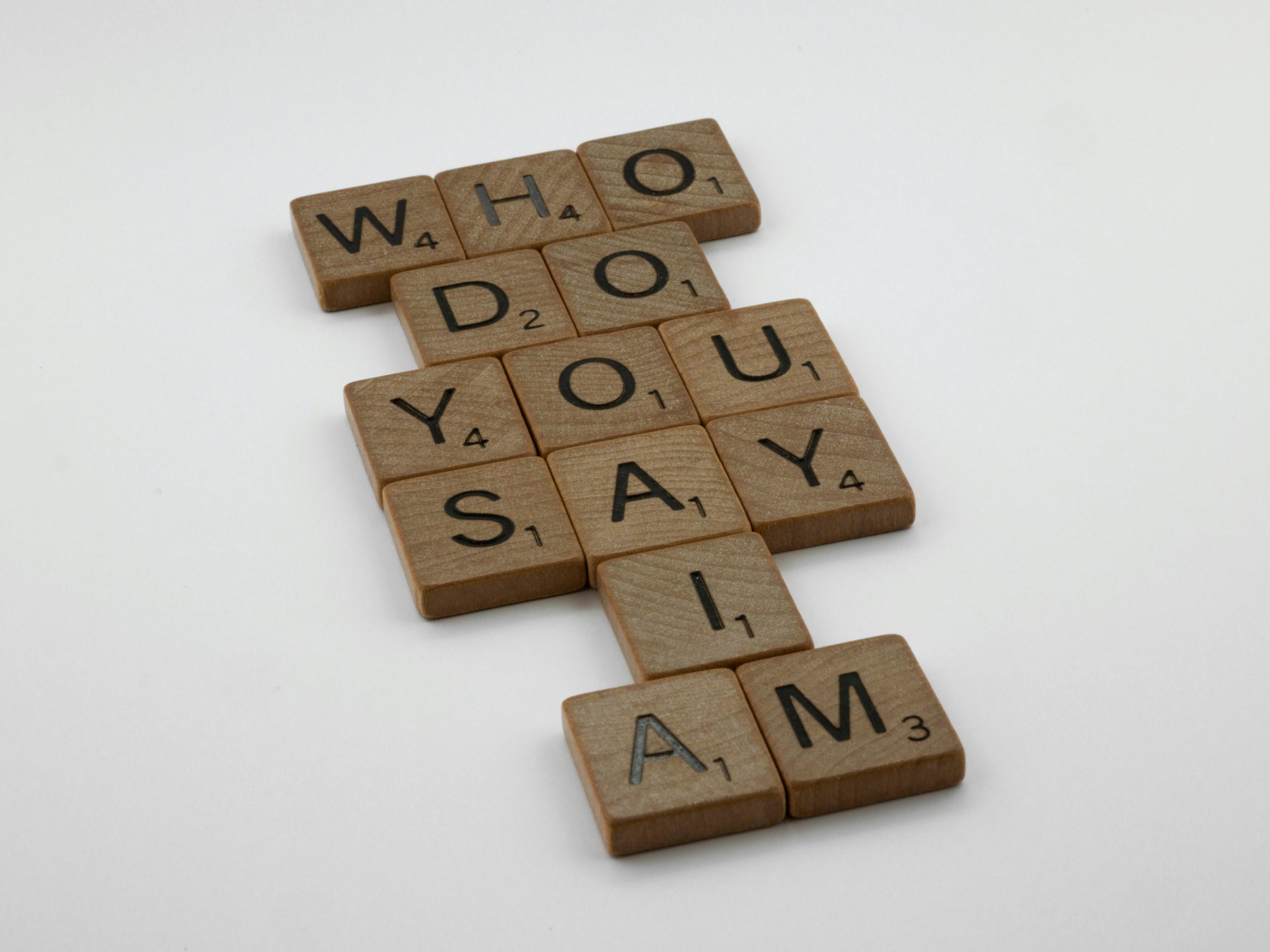Do teachers form bonds with their students? It’s not about romantic feelings; it’s more like a nurturing parent-child connection. This is especially true if they’ve known each other for a long time. When a teacher has supported a student through difficult times, like trauma or mental health challenges, and they find common ground in values and interests, a strong rapport can develop, making them truly connect and understand each other.

Absolutely, teachers can develop strong bonds with their students, often resembling a parent-child relationship. This connection can foster a supportive learning environment, where students feel understood and valued. When a teacher invests time and effort into a student’s well-being and academic growth, it can lead to a meaningful relationship built on trust and shared experiences. These connections can be especially profound when students face challenges, as the teacher’s guidance can make a significant difference in their lives. It’s a beautiful part of the teaching profession and highlights the impact educators can have on their students beyond academics.